Teaching Irish Women’s Writing Abroad
Maureen O’Connor
There are always new audiences for Irish women’s writing of the fin de siècle period, as I discovered when I recently spent six months at the University of Würzburg in Germany, as the Travelling Visiting Professor of Irish Studies, a position funded by the Irish Department of Foreign Affairs, specifically through the Emigrant Support Programme of the Irish Embassy in Berlin. In addition to teaching Irish literature seminars at various levels in Würzburg, from first-year to MA, I travelled to other German universities to deliver talks on Irish literature. I prepared a number of topics to offer the organisers of these events at each institution, and fin-de-siècle topics were chosen by two universities. At the University of Wuppertal, I spoke about ‘First-Wave Irish Women Writers and the Redefinition of Sex,’ focusing on the work of Eva Gore-Booth and Margaret Cousins. That talk is a version of a conference paper I delivered in 2019 at the Society for the Study of Nineteenth-Century Ireland conference in Leicester, ‘Dreams of the Future in Nineteenth-Century Ireland’. In Saarland University, in Saarbrücken, the chosen subject was ‘The Women Writers Who Challenged the Irish Literary Revival: Alice Milligan, Eva Gore-Booth, Hannah Lynch’, based on a contribution to a forthcoming Cambridge University Press collection, Irish Revivals, edited by Gregory Castle. Both talks were delivered in November of 2023.
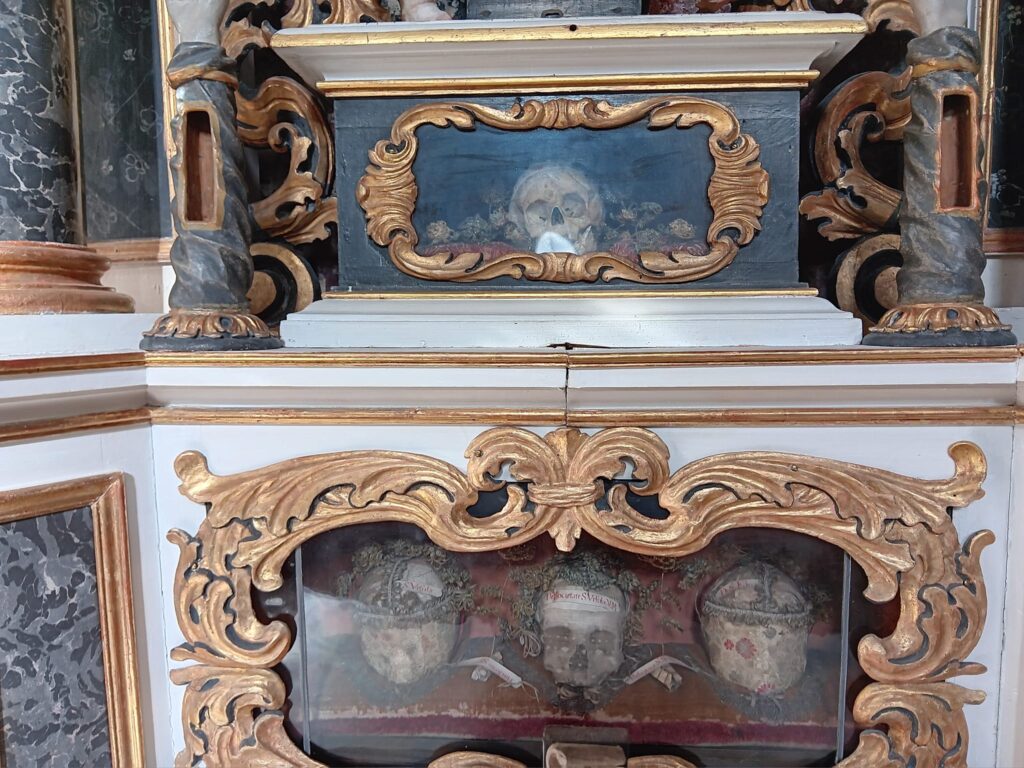
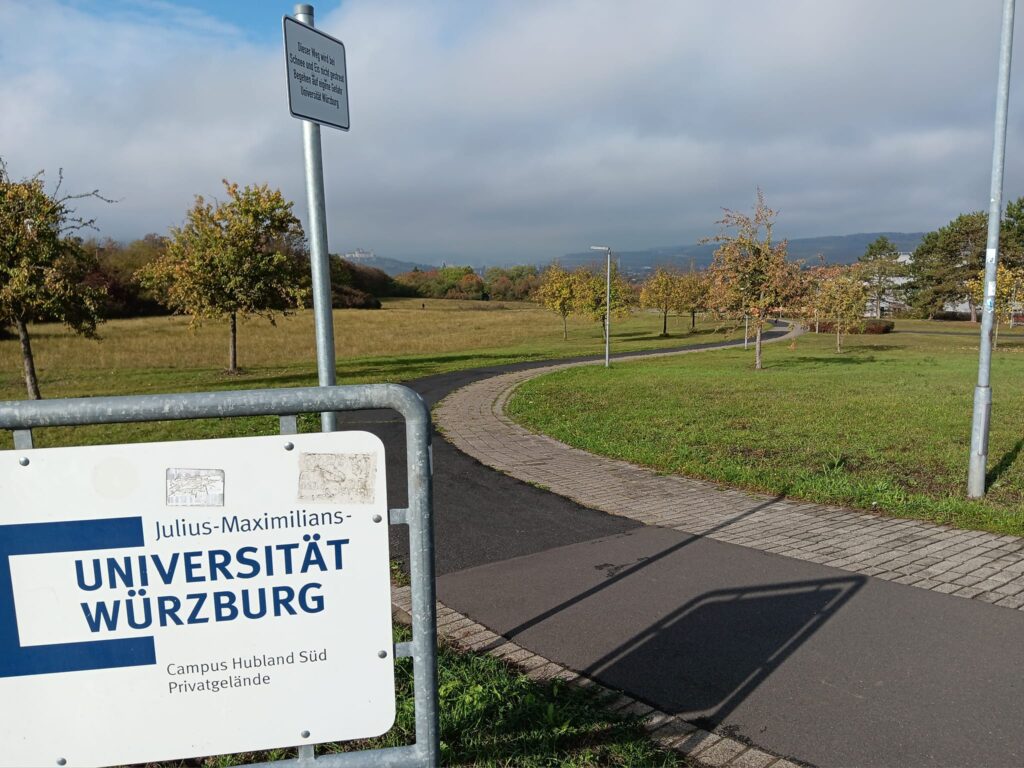
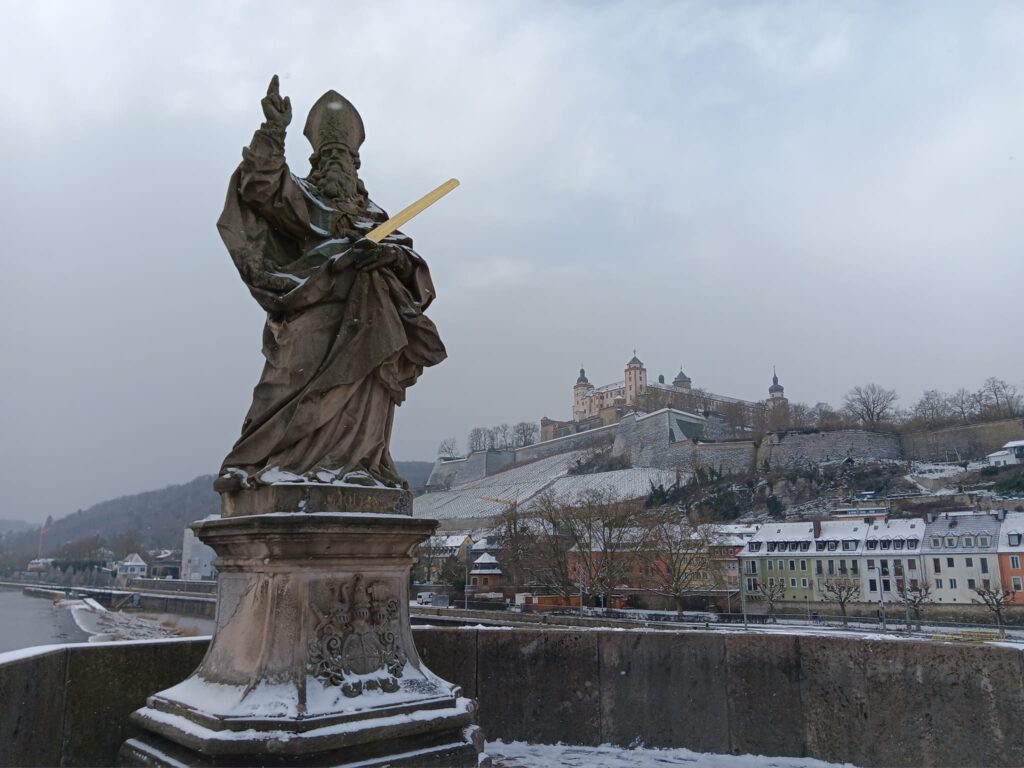
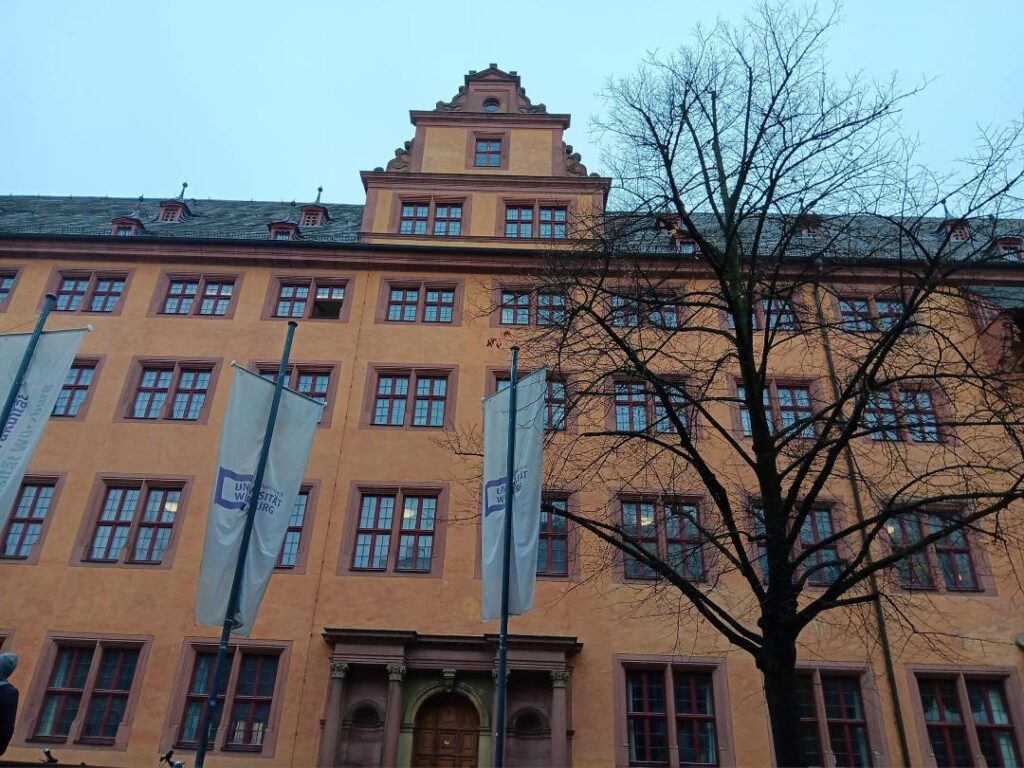
Würzburg takes its Irish connections seriously. The seventh-century Irish missionary, St Killian, originally from County Cavan, made Würzburg his base of operations in Franconia. Würzburg Cathedral was erected on the spot where he was martyred by beheading and is where his skull yet resides. His skull, along with those of his Irish companions, the priests Colmán and Totnan, are paraded through the street of Würzburg and put on display in the cathedral every year on Killian’s 8 July feast day. Perhaps this offers a partial explanation for why each of the Irish Studies classes I offered were over-subscribed. The first-year seminar examined the comic tradition in contemporary Irish writing, while the upper-division undergraduate seminar I led was entitled, ‘Irish Women’s Writing at the Fin de Siècle’. We considered the phenomenon of the New Woman, with which so many Irish figures were associated, as well as other relevant historical contexts and events. We read the poetry of Eva Gore-Booth, Katharine Tynan, Ethna Carbery, and Alice Milligan, as well as two short stories by George Egerton, ‘A Shadow’s Slant’ (Keynotes, 1893) and ‘The Star-Worshipper’ (Fantasias, 1898). We read the Gore-Booth play The Death of Fionavar (1905 / 1916), and two novels, Sarah Grand’s The Beth Book (1897) and Hannah Lynch’s Autobiography of a Child (1899). Students gave presentations on topics including the Contagious Diseases Act, first-wave feminism in Manchester, Inghinidhe na hEireann, the Easter Rising, Irish women writers and the Abbey theatre, Irish mythology, the Irish Land League, and the Ladies’ Land League. The Grand and Lynch novels were read at the end of term and provoked a good deal of discussion about the treatment of motherhood in the texts we had been considering over the course of the semester and the complexities of Irish identity for these writers that were often a topic of discussion in our readings. The added political dimension of Lynch’s membership in and activities on behalf of the Ladies Land League really fascinated students. The introductory chapter of Faith Binckes’s and Kathryn Laing’s Hannah Lynch (1859 – 1904): Irish Writer, Cosmopolitan, New Woman (2019), a critical study of the life and work, was provided to the class and proved indispensable in contextualising and discussing Autobiography of a Child, our final reading. There were a number of excellent final essays produced by the class, with the majority of the best of them tackling the representation of maternity in the texts, often focusing on the Grand and Lynch novels. One of the most enthusiastically presented papers, on the page and in class, was on Anna Parnell’s The Tale of a Great Sham, from which I had excerpted one chapter as a secondary reading. One of the two male students in the class sourced the book and felt inspired, noting how relatively little has really changed.
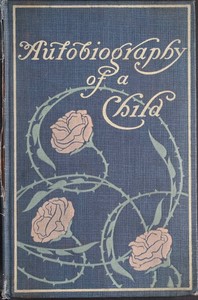
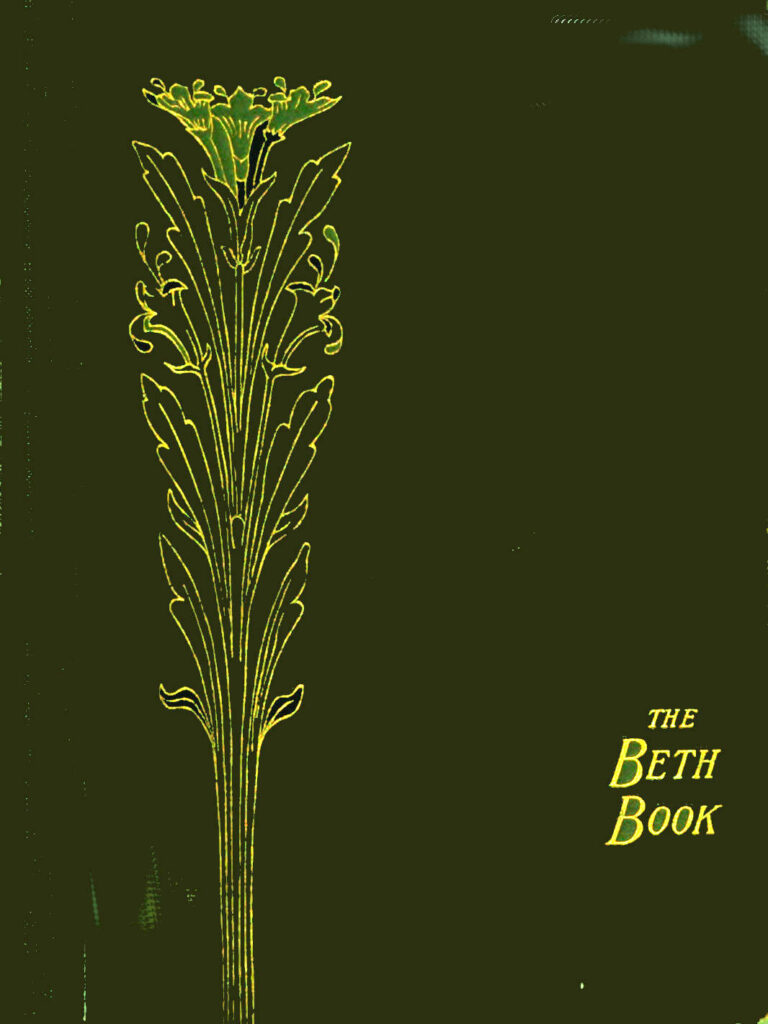
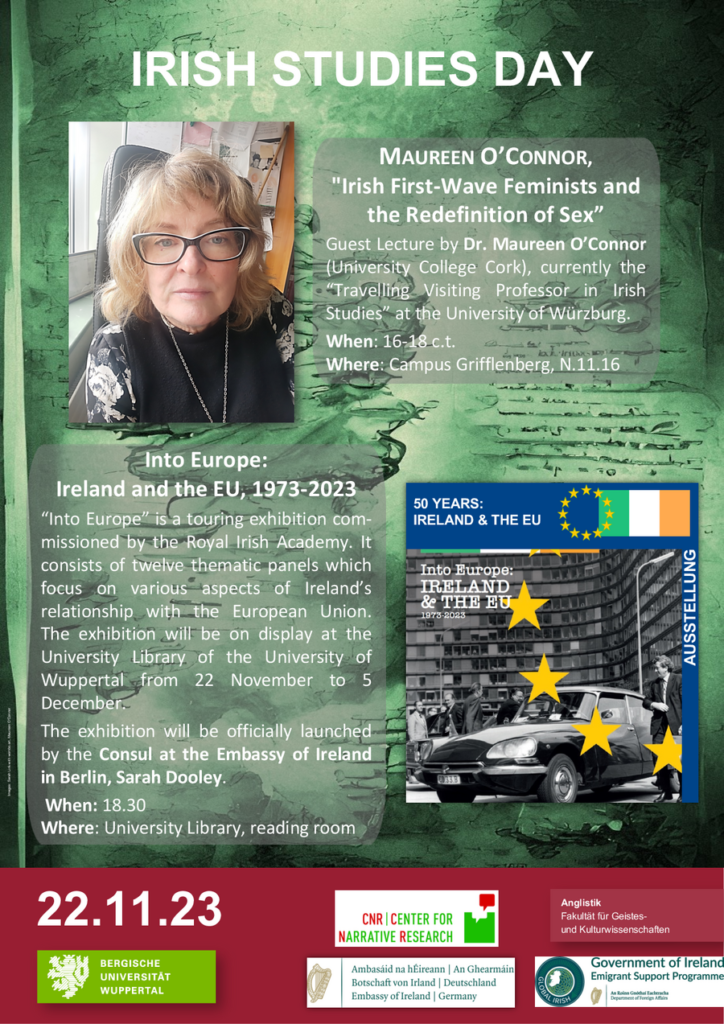
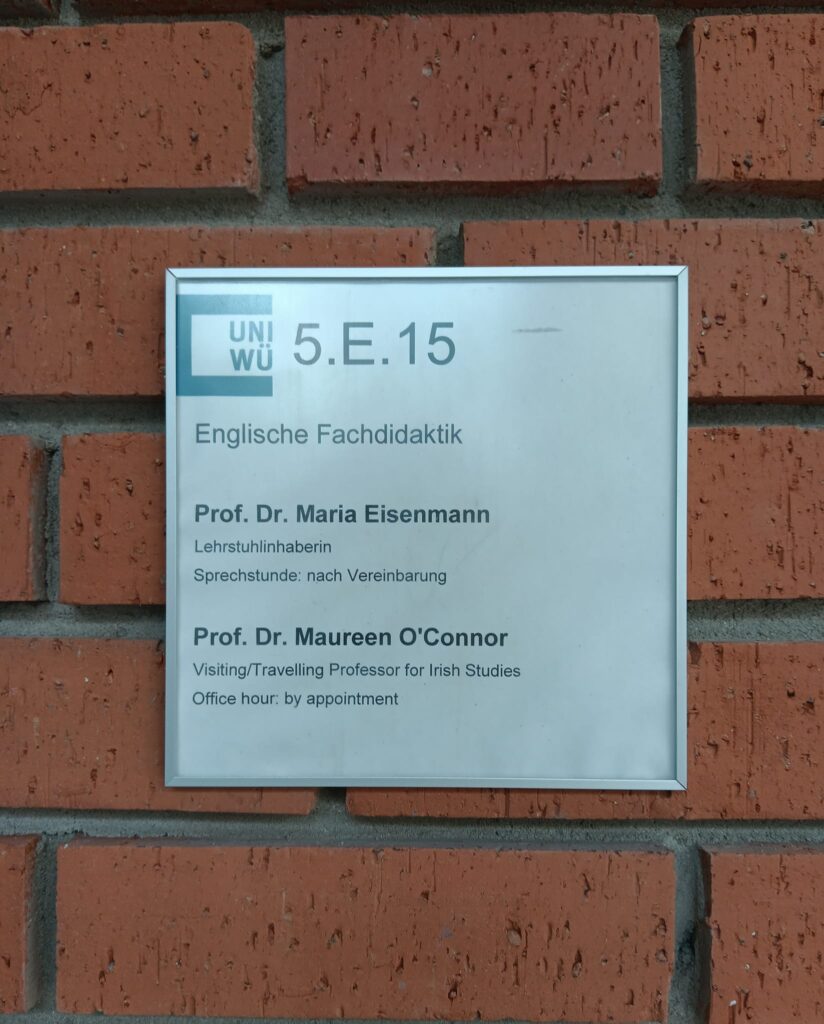
The postgraduate seminar I led, ‘The Natural World in Irish Women’s Writing’, focused on contemporary works, but I began the course with writing from earlier authors, including the poets identified above as being part of the ‘Irish Fin de Siècle’ seminar. The university talks I delivered on some of these writers were well attended. The Wuppertal presentation was part of an installation and celebration noting Ireland’s fifty years of membership in the EU, and so the Irish consul from Berlin was in attendance. None of the authors’ names were familiar to either audience—and I did ask before starting my talks—but the work nonetheless inspired rich discussion. My presentations reproduced several poems in full and excerpted passages from Milligan’s drama The Daughter of Donagh (1905), and Lynch’s journalistic writing as well as Autobiography of a Child. Getting to read all or part of the original texts appeared to be at least as valuable for these interested audiences as what I had to say about them. I have since heard from some students I met in Würzburg, as well as at other universities, who are interested in continuing to study Irish writers. One of the excellent undergraduates I met in Würzburg is coming to UCC in the autumn. Not being a Cavan native, I doubt I can compete with St Killian for number of converts, but I do feel I interested at least a few people in Irish women’s writing with which they had not been familiar.
Maureen O’Connor is a Senior Lecturer in the Department of English in University College Cork. The author of The Female and the Species: The Animal in Irish Women’s Writing (2010) and Edna O’Brien and the Art of Fiction (2021), she has published widely on Irish women’s writing and has edited and co-edited several volumes of essays and special issues. She is currently writing a volume for the Cork University Press series, ‘Síreacht: Longings for Another Ireland’, on the topic of Animals. She was the Visiting / Travelling Professor in Irish Studies in Würzburg University, Germany, for the academic year 2023/2024, a position funded by the Emigrant Support Programme (ESP) of Ireland’s Department of Foreign Affairs, administered by the Irish Embassy in Berlin. Her recent lecture on”Haunted Nature in the Fiction of Edna O’Brien” is available here: https://www.youtube.com/watch?v=hxku1-uAWl0
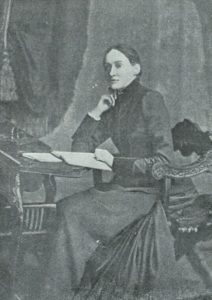
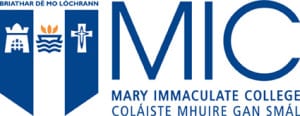


Cheers, Professor O’Connor. Well done, thank you.